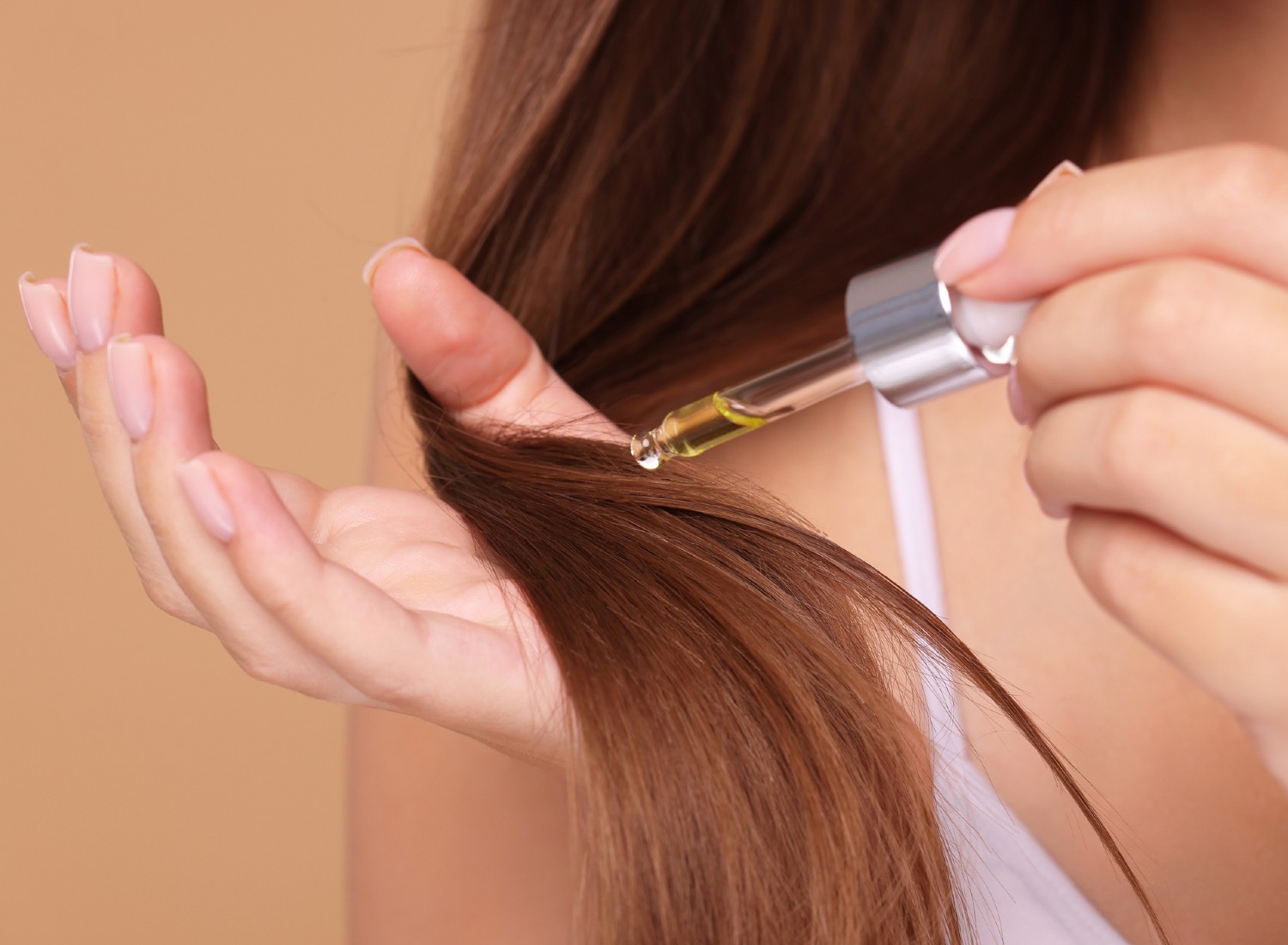Myth vs. Fact: Do Cloves for Hair Growth Work?

In the ever-evolving landscape of hair care, natural remedies often capture our attention, and cloves have recently emerged as a contender in the pursuit of luscious locks. Proponents claim that with their aromatic allure, cloves possess the secret to unlocking accelerated hair growth. Yet, before embracing cloves as a miraculous solution, it’s crucial to unravel the facts and distinguish them from the fables.
Delving into the scientific realm of this aromatic spice, we aim to discern whether cloves genuinely live up to the hype or if their reputation for promoting hair growth is merely a fragrant myth. Join us on a journey through the evidence as we explore the age-old question: Do cloves for hair growth work?
Using Cloves for Hair Growth
Numerous online sources tout cloves as a miracle cure for hair growth, emphasizing their purported ability to stimulate hair follicles and encourage the growth of luscious locks. Some even suggest applying clove oil directly to the scalp or incorporating it into homemade hair masks to unlock its full potential. While these anecdotes may sound promising, it’s crucial to approach such claims with a discerning eye.
The Science Behind Cloves
Cloves, derived from the Syzygium aromaticum tree flower buds, are rich in essential oils, antioxidants, and nutrients. These components contribute to the spice’s distinct flavor and aroma. However, the question remains: do these properties translate into tangible benefits for hair growth?
One key compound in cloves is eugenol, known for its anti-inflammatory and antioxidant properties. While these qualities can benefit overall scalp health, scientific evidence that directly links cloves to hair growth stimulation is fairly limited. It’s important to note that factors such as genetics, hormonal balance, and overall health play significant roles in determining the rate of hair at which hair grows.
Separating Myth from Fact
Scalp Health and Blood Circulation
Myth: Cloves directly stimulate hair follicles.
Fact: Improved scalp health and blood circulation may indirectly support hair growth. Cloves’ anti-inflammatory properties could contribute to a healthier scalp environment, potentially creating a more favorable condition for hair follicles. Washing with a rosemary shampoo afterward may also improve circulation.
Antioxidant Benefits
Myth: Cloves alone can trigger significant hair growth.
Fact: Antioxidants in cloves may protect hair follicles from oxidative stress, promoting an environment conducive to hair health. However, they are not a cure-all for hair loss or a guaranteed solution for rapid growth.
Clove Oil Applications
Myth: Applying clove oil directly to the scalp will lead to noticeable hair growth.
Fact: While massaging the scalp with clove oil may offer a soothing experience, its direct impact on hair growth remains unproven. The potential benefits are more likely related to the massage itself, which can improve blood circulation and reduce stress.
Nutrient Content
Myth: Cloves contain all the necessary nutrients for optimal hair growth.
Fact: Cloves do contain essential nutrients, but relying solely on them for hair growth is insufficient. A well-balanced diet, including a variety of vitamins and minerals, is crucial for overall health, including the health of your hair.
Conclusion
In the quest for natural remedies for hair growth, it’s essential to distinguish between myth and fact. While cloves boast antioxidant and anti-inflammatory properties that can contribute to a healthy scalp environment, labeling them as a miracle solution for hair growth is an oversimplification.
Instead of relying on a single ingredient, consider adopting a holistic approach to hair care. This includes maintaining a balanced diet, managing your stress levels, and using proven hair care practices. While cloves may play a supportive role in promoting scalp health, they are not a standalone solution for achieving the luscious locks often promised in popular myths.
